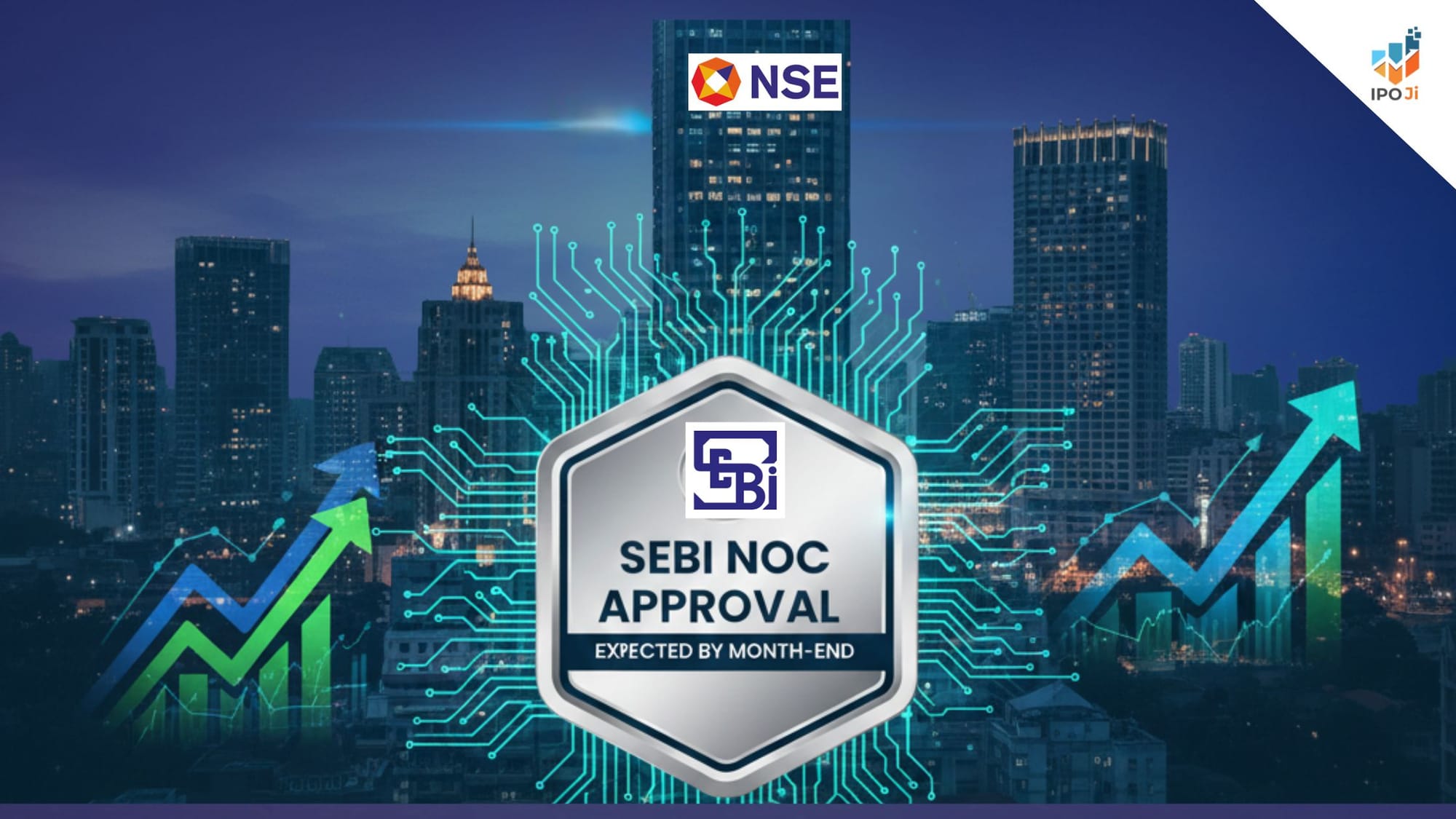Securities and Exchange Board of India (SEBI) Tightens Rules for SME IPOs
Sebi has tightened rules for SME initial public offerings (IPOs), requiring a minimum operating profit and capping the divestiture of selling shareholders at 50% of their interest.

On Wednesday, December 18, 2024, the Securities and Exchange Board of India announced a series of new regulations intended to tighten the framework for Small and Medium Enterprises (SMEs) Initial Public Offerings (IPOs). These changes are meant to tackle long-standing concerns on transparency, governance, and the misuse of funds in the SME segment. It aims to strengthen the SME IPO market, improve listing quality, and protect investors' interests.
Key Takeaways of the New SEBI Guidelines for SME IPOs
Maximum OFS by the Promoter
SEBI is changing the game by introducing, in one of the most vital provisions, a cap on Offer for Sale (OFS) by promoters in SME IPOs. The OFS portion of the IPO, which will be capped at 20% of the total issue size under the new guidelines, seeks to ensure that promoters continue to hold a larger equity stake in their companies even after listing, thereby giving greater accountability and commitment toward long-term business growth.
Profitability Conditions for SME IPOs
SEBI has now brought in a new requirement to ensure that only financially sound and viable companies get access to the SME market. Companies seeking to raise capital through an SME IPO would need to show an operating profit (EBITDA) of at least Rs 1 crore for two out of the last three fiscal years when filing their DRHP. This ensures that only businesses with a proven track record of financial performance can raise funds through the SME IPO route, thus reducing the risk for investors.
Restrictions on Selling Shareholders' Divestment
To minimize the chances of over-issuance through sale to shareholders, SEBI has further restricted the ability of shareholders from selling more than 50% of their holding in the IPO. Moreover, as highlighted above, the OFS has been limited to 20% of the total issue size, implying that promoters would have to retain a major chunk of their shareholding in the business.
Extension of Lock-In Period for Promoter Holdings
Lock-in period for promoter holdings has also been tightened by SEBI. The new regulations state that 50% of the excess promoter holding (over the minimum promoter contribution or MPC) will be locked in for one year and the remaining 50% for two years. This ensures that the promoters stay with their business for a longer period of time and that their interests are not different from public shareholders.
Change in Allocation Methodology for NIIs
Another change is to make the allocation methodology for SME IPOs to NIIs uniform with that adopted for the mainboard IPOs. This is likely to ensure that the process of allocation would be more uniform and fair, where NIIs, who are high-net-worth individuals in most cases, would have a fair share of the issue.
Restrictions on using IPO Proceeds
SEBI has imposed new restrictions on how the SME IPO proceeds can be used. According to the new rules, the amount that is raised cannot be paid back to promoters, the promoter group, or other parties related to the organization and thus ensures that these proceeds are used for business purposes, not for personal monetary benefit. This measure will protect the interests of investors and help the proceeds fuel the growth of the company.
Introduction of Feedback Mechanism for DRHPs
To enhance transparency, the new regulations have provided for a 21-day window for the public to peruse SME IPO DRHPs and provide feedback. The stock exchanges will facilitate this process by making DRHPs available through public announcements and QR codes, thereby making it easier for investors to keep abreast of the information and participate in the feedback process.
Cap on General Corporate Purpose (GCP)
The new regulations also include a restriction on the amount of the IPO proceeds that can be devoted to General Corporate Purposes, GCP. The GCP allocation is now restricted to 15% of the total issue size or Rs 10 crore, whichever is lower. It is intended to prevent the diversion of funds raised in an IPO towards unrelated purposes and rather for business expansion and development.
Post-IPO Compliance for SME Companies
The SME companies would continue raising funds without migrating to the main board by complying with listing regulations that are applicable to entities on the main board. Additionally, the norms of Related Party Transactions, which currently apply to entities listed on the main board, would be extended to the SME-listed entities subject to a threshold of 10% of annual consolidated turnover or Rs 50 crore.
The focus of SEBI on Governance and Transparency
These changes reflect SEBI's emerging focus on corporate governance and transparency in the SME segment, especially one that has been inherently vulnerable to risks of mismanagement, lack of accountability, and misuse of funds. Aiming to produce a relatively more stable, trustworthy, and investor-friendly environment for SME IPOs-basis for further growth and development of the Indian economy that SEBI creates by bringing about these norms is truly appreciable.
Importance and Impact on Investors and Promoters
For investors, these new regulations take a step forward in better protection and assurance when they invest in SME IPOs. More transparency coupled with strict norms of the utilization of IPO proceeds will instill confidence among investors in the long run about the SMEs. Besides, this would ensure that promoters do not divest quickly, giving the impression of confidence to the retail investors in the commitment of the promoters towards the business.
For promoters, this change represents a need to adapt to even stricter disclosure norms, profitability standards, and rules for fund utilization. Though these regulations may increase the administrative costs for SMEs that wish to go public, they are designed more to ensure that only truly established, financially sound corporations can access public capital which should result in better longer-term outcomes for both firms and their investors.
The step SEBI has taken in recent times to strengthen regulations for IPOs by SMEs is a big move toward fostering a more transparent, efficient, and investor-friendly market for small and medium enterprises. With this measure of enhanced corporate governance, greater transparency, and the use of effective proceeds from IPOs, the robust SME IPO market set by SEBI will be replete with benefits for all involved, from business communities to investors. As these regulations begin to take effect, we expect the SME segment to mature into a more stable and mature component of the Indian capital markets, with better prospects for long-term growth and value creation.




